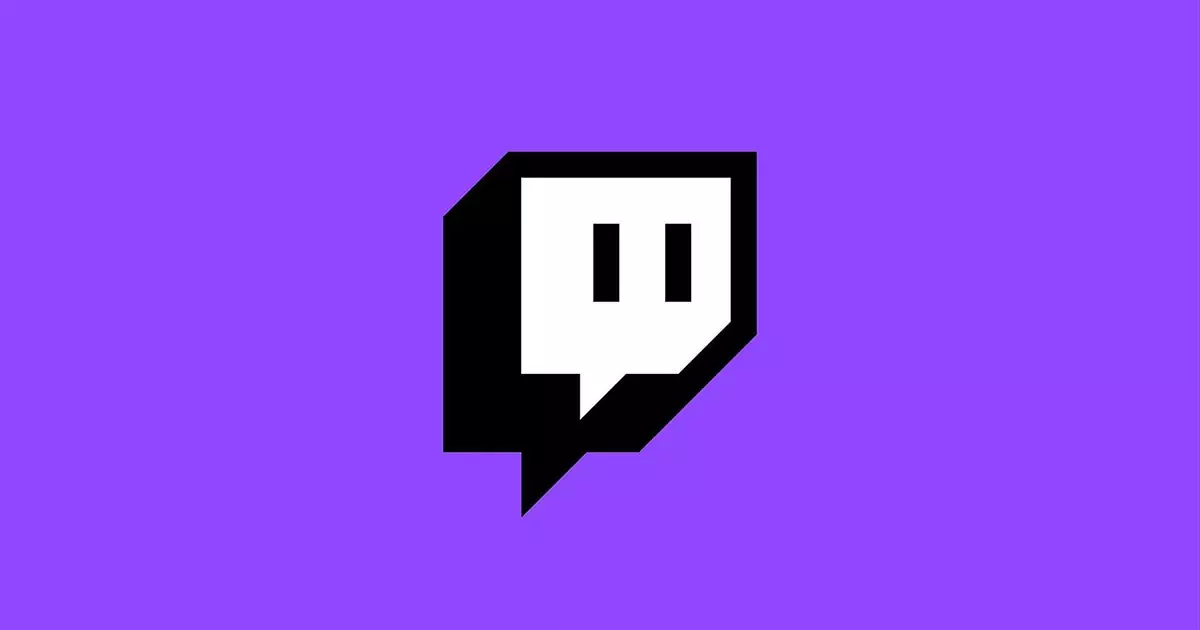Recently, Twitch has garnered attention for its decision to suspend popular streamer Zack Hoyt, known as Asmongold, for a two-week period following his incendiary comments regarding the Israeli-Palestinian conflict. Asmongold’s remarks, which many interpreted as genocidal, were linked to a broader commentary on the violence occurring in Gaza. The suspension, described as a “slap on the wrist” by eSports journalist Rod Breslau, raises questions about the effectiveness and consistency of Twitch’s policies concerning hate speech and community guidelines.
In October 2023, a significant escalation of violence erupted in the region, leading to tragic outcomes for both Palestinians and Israelis. The conflict reached a boiling point when armed groups in Gaza advanced into Israeli territory, resulting in a staggering number of casualties. The Israeli military’s retaliation, which has led to tens of thousands of Palestinian deaths, has drawn international condemnation, including accusations of committing acts that some describe as genocide.
Within this environment of heightened tensions, Asmongold chose to express disdain for Palestinian people, articulating a worldview that appeared to dehumanize an entire culture. His comments, likening the situation to “genocide baked into Sharia law,” were both incendiary and representative of a broader narrative that can fuel hatred and violence among communities. This pattern of rhetoric not only informs the perceptions of those within his audience but also reflects deep-seated prejudices that run counter to the values of empathy and understanding.
Twitch explicitly prohibits behavior that fosters hatred, prejudice, or intolerance. Their community guidelines illuminate a framework designed to promote inclusivity in a diverse online environment. Asmongold’s statements not only breached these guidelines but questioned the very fabric of human dignity by categorically labeling an entire group as “terrible people.”
The inconsistency within Twitch’s application of its policies is apparent when juxtaposed against its handling of previous controversial figures, such as Donald Trump. The re-instatement of Trump’s account after a ban for incitement highlights a selective approach to moderation that can undermine trust in the platform’s commitment to curbing hate speech. Should an account with millions of followers, like Asmongold’s, face a mere two-week timeout for comments that could incite violence? Critics argue that the platform must enforce more rigorous penalties to effectively deter similar behaviors in the future.
Subsequent to the backlash that ensued from his diatribe, Asmongold issued an apology, stating that he regretted his inflammatory remarks. His self-reflection noted how “being an asshole” is not conducive to productive discourse, claiming no one deserves violence regardless of their views. However, whether this acknowledgment reflects genuine remorse or merely a strategic attempt to mitigate repercussions remains a topic of skepticism.
This reconciliation of views is commonplace in the digital landscape, particularly among influencers. Apologies often surface only once the backlash becomes impossible to ignore, showcasing a troubling trend where accountability is secondary to maintaining one’s platform. While Twitch’s interim ban prevents Asmongold from streaming for two weeks, the larger question persists: will his audience reconsider the implications of his rhetoric, or will they continue to support his divisive worldview?
As the online gaming community expands, platforms like Twitch assume a significant role in shaping the cultural and social dialogues that permeate our realities. Asmongold’s narrative discourages understanding and fosters division, potentially influencing millions of viewers who may adopt similar ideologies. The normalization of hate speech online heightens the risk of polarization and animosity across cultural lines, with severe ramifications in real-world contexts.
The importance of moderation in digital spaces cannot be overstated, especially when these platforms serve as contemporary public squares. Engaging with complex, often volatile topics requires a careful approach that emphasizes compassion over condemnation and communication over violence. Twitch’s handling of Asmongold’s suspension could serve as a critical juncture; it provides an opportunity to reflect on how such incidents may influence future enforcement of community guidelines and the communication culture within the region.
The recent events surrounding Asmongold’s remarks on Twitch illuminate the challenges facing digital platforms in addressing hate speech. While a two-week ban may signal to some a commitment to upholding community standards, it also raises concerns about the effectiveness of such measures. The environment fostered by influencers like Asmongold necessitates urgent discussions surrounding accountability, discourse, and the need for a systemic overhaul of how hate speech is handled across all social media channels. Ultimately, as these platforms continue to evolve, a firmer stance on hate speech will be crucial in cultivating a more inclusive and empathetic online community.


Leave a Reply